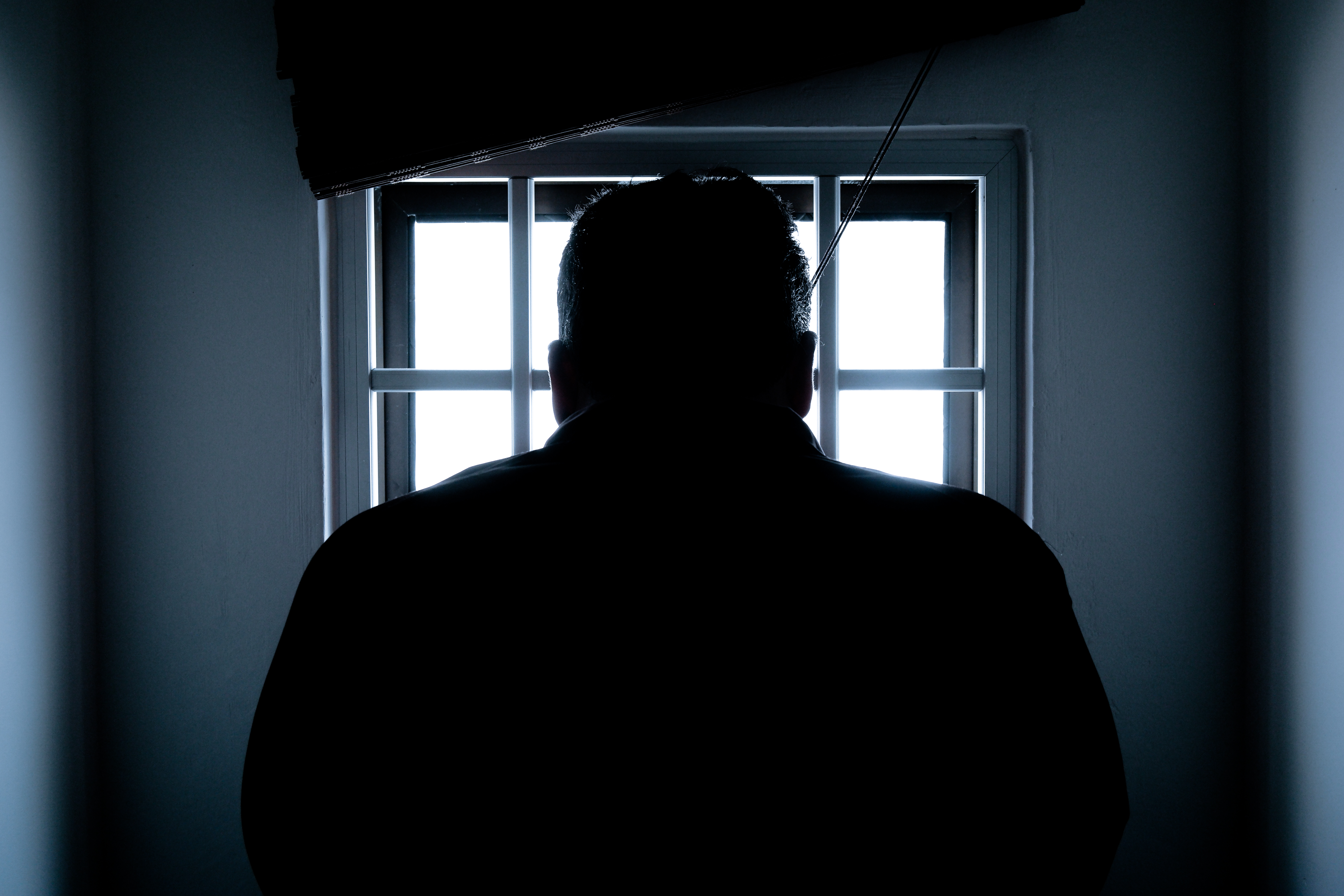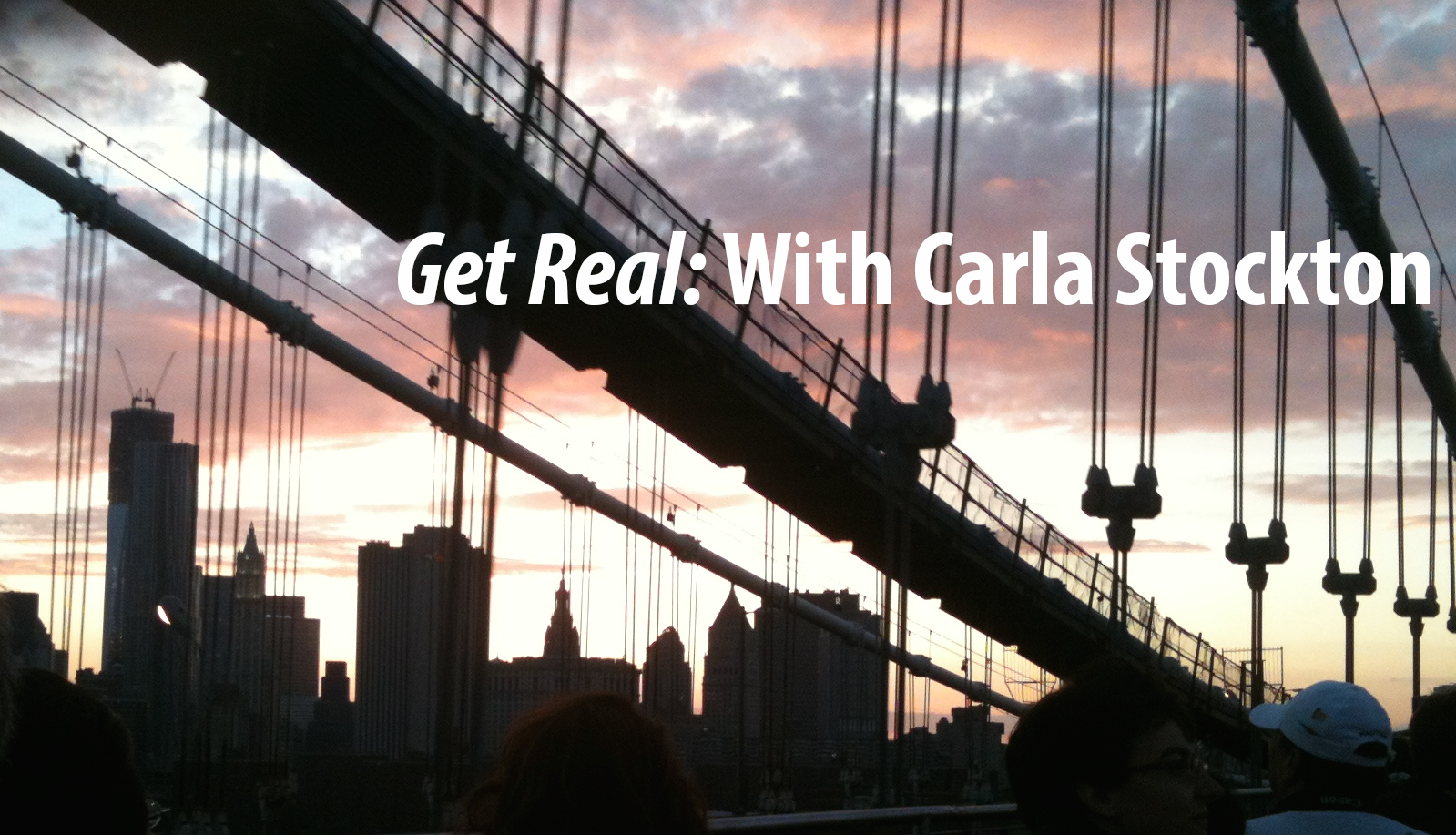On what grounds do we allow ourselves to be policed? The presumed relationship between police and civilians is one of safety. In general, we do not allow people to hold us against our will or to assault us, and we make an exception for the police on the condition that their right to violence will lead to a safer community. We understand it as a controlled violence to prevent uncontrollable violence. Political scientists refer to the legal use of violence by government agents as the “state monopoly on violence.” It is a term that, whether intentional or not, reflects a capitalist worldview. What, then, happens when police violence itself becomes uncontrollable? What happens when the monopoly on violence, much like any other monopoly, becomes an unfettered source of public harm? What happens when it becomes clear to the public that you cannot regulate a monopoly?
Within the logic of capitalism, the best way to break a monopoly is to give it competition. When the state monopoly on violence becomes a threat, a violent response becomes the only way to seize power away. (I do not want to diminish the value of peaceful protest, but I will voraciously defend the enlightened mode of those the mass media disdainfully refer to as rioters.)
Why is there so much pushback against competition, a market principle, being introduced into the marketplace of violence in our capitalist society? Why do news anchors and politicians deliver lectures to the people now gathered in our streets following the slaughter of George Floyd, telling them they are incorrectly performing the act of resistance? There is no societally sanctioned way to protest against police much like there is no accepted way to escape from prison—because a protest seeks justice outside of the established system.
Democratic societies are founded on mutual agreement, an agreement not on particular issues but on the workings of our political process. For instance,we agree to be bound by the results of elections even if they elect people whose ideas we find reprehensible, and we agree to abide by the laws those elected officials enact regardless of whether we find them personally logical or just.
But our mutual agreement, our social contract, came to be without regard for broad swaths of people. It was negotiated without a seat at the table for anybody other than those who fit a very narrow definition of personhood. As they gained rights, black people and other racial minorities, women, and people who do not own land were all grandfathered into a social contract negotiated hundreds of years prior without their input. These people were then expected to abide by the same standards as everyone else, to be bound by a system designed by their oppressors.
If that were the whole story, it would be bad enough, but given that black people were considered property when our social contract was written, that contract was inevitably written with the express intent of ensuring their continued subjugation. To claim, as many people from the right to the center of the American political spectrum do, that such a system can ever achieve equality for the rainbow coalition of modern America without drastic reform of its very foundation is absurd. And to claim that a police force created to protect white, land-owning interests can ever be fair is an extension of that absurdity.
On the face of it, then, there are clearly good reasons for black communities to mistrust police in the best of times. But these are not the best of times.
Perhaps I should say normal times. In normal times, absent a demagogic president whose rise to power was rooted in an appeal to racism and who has championed bigotry at every turn, exempt a plague that has claimed lives in the six digits, disproportionately impacts black people by way of inadequate care, and was made worse by the clumsy ineptitudes of a racist leadership concerned only with the maintenance of white hegemony, and without the mobile technology now at the ready in every pocket to capture the brutal slaying of black bodies in vivid technicolor, the status quo—brittle as it may be—can hold.
But when all of those factors coalesce, the cracks in what we consider to be normal reveal themselves with startling clarity. They reveal the barbarous iron fist of white supremacy which governs this country (and much of the global North) and in normal times is cloaked beneath a velvet glove.
Those of us on the left have long questioned the role of police in a developed society. Even within those discussions, there is exhaustive debate over what an alternative system might look like. Whatever form it may take, though, it is necessary to rebuild our fractured and unjust system of law enforcement. This time, it can be built with the input of those who didn’t get a say in it the first time around.
When we discuss police abolition, we are only scratching the surface of what a fairer society might look like. The police are a virulent symptom of a much deeper structural problem and must be consigned to the ash heap of history, but they are only the most obvious manifestation of the white supremacist power structures that capitalism has erected around us. Consider a smoker who develops cancer and has the tumor removed but does not quit smoking. Soon enough, the cancer will return if the smoker does not address the root of the problem: cigarettes. Or, in this case, capitalism.
Capitalism is a set of economic parameters designed from the ground up to promote white interests at the cost of colored interests, male interests at the expense of female, straight, cisgender interests above queer interests, and so on. Like a smoker, our society is addicted to capitalism, killing the most vulnerable among us so that the poorest white man will not complain about his position in society for as long as black people and other marginalized groups have it worse than him. So long as the system recognizes him as exempt from murder by cop, he will let that system bleed him dry.
Kicking the habits of racism or capitalism, like quitting cigarettes, is painful. It requires an awareness in everything one does because if you slip up for even one moment, you may find yourself absentmindedly lighting up a smoke, feeling the quick rush of a system that benefits you in the short term even as it slowly kills us all. The first step is to recognize that while the cigarettes feel safe and comforting, they are anything but.
The choice is clear. We must move toward a more equitable society, however painful the transition. The first step for a cigarette addict is to throw away their smokes. For us, it is to abolish the police.
Black lives matter.
-Max Asher Miller
Managing Editor, Columbia Journal #59
Photo Credit: Vitamin, licensed from Adobe Stock




